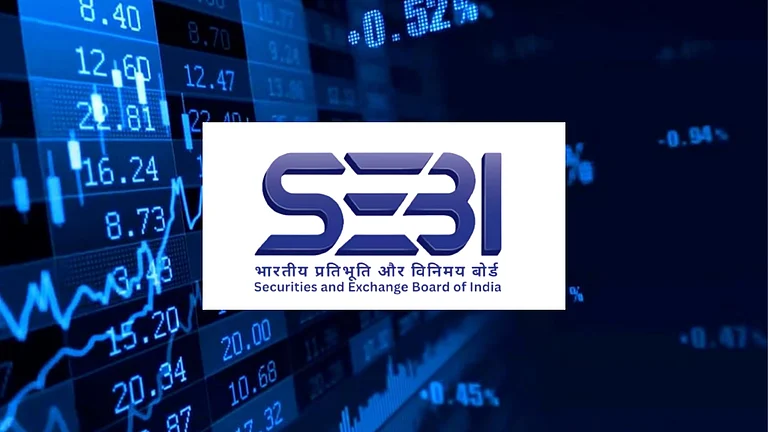The Securities and Exchange Board of India (Sebi) has proposed revised guidelines to deal with unclaimed funds and securities lying with stock brokers. As of January 2025, the total value of unclaimed funds stood at Rs 323 crore, while unclaimed securities amounted to Rs 182 crore.
What Existing Norms Say?
According to existing Sebi rules, stock brokers are required to settle the credit balance of clients lying with them on the first Friday and/or Saturday of every month or quarter. In case brokers are unable to settle the client accounts due to non-availability of bank accounts or non-traceability of clients, according to the stock exchange guidelines, brokers shall make all efforts to trace the clients to settle their funds lying with them and maintain an audit trail for such efforts made for tracing the clients.
What Are The New Norms?
Here are the new norms:
1. Under the new guidelines, if the funds or securities that could not be transferred to the client’s bank or dematerialised account, or if the client could not be contacted, their account will immediately be put under ‘enquiry status’. Stock brokers will then be required to contact these account holders through letters, emails, and phone calls.
2. In case the whereabouts of the clients are not traceable, brokers are required to contact the client’s introducer, nominee, or employer to locate them, without disclosing any financial or holding details of the client, Sebi has said. If still no contact is established, unclaimed funds will be upstreamed to clearing corporations, with a deadline for transfer set at 30 days.
3. Brokers must choose one stock exchange with nationwide terminals as their designated stock exchange (DSE) to register for transferring unclaimed funds and pledging unclaimed securities.
4. Such unclaimed funds, according to the new rules, can be parked in liquid mutual funds or overnight schemes and upstreamed to clearing corporations within 30 days of the funds becoming unclaimed. This is being done so that investors can earn at least a minimum interest and/or income on the unclaimed funds.
5. Brokers will be required to ensure that investments can be easily cashed in when needed, without any fees, to settle investor claims and transfer the funds to the DSE after one year.
6. Before transfer of the unclaimed funds to the DSE, brokers will be required to make at least six attempts to reach out to the clients.
7. If funds remain unclaimed for one year from the date they were marked as unclaimed, they, along with any interest earned, will be transferred from the clearing corporations to the DSE’s dedicated bank account every three months. This transfer must be done within seven working days after the end of each quarter (June, September, December, and March), along with necessary details, such as client balances, list of clients, and interest earned.
8. For unclaimed funds that have been with brokers for over a year when this guideline is implemented, they must be transferred to the DSE’s bank account within 30 days.
9. If a client’s funds remain unclaimed for three years with the DSE, the funds (including any interest earned) will be transferred to the DSE’s Investor Protection Fund (IPF) every three months. This transfer must be completed within seven working days after each quarter (June, September, December, and March). Once the funds are in the IPF, the IPF Trust will handle the claims from clients, their legal heirs, or nominees.
10. For corporate actions, such as dividends or bonuses on pledged securities, the broker must credit those benefits to the client’s ledger and transfer them to the DSE every three months within seven working days.
11. Both the DSE and brokers will have to offer a search tool on their websites for clients, their nominees, or legal heirs to check if there are any unclaimed funds or securities.














